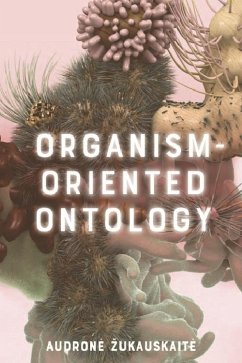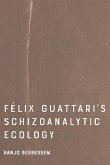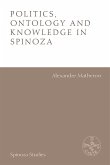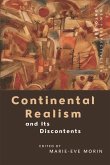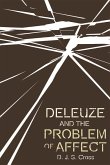Reconsiders the notion of organism as central to contemporary philosophy
- Extends and develops the thinking of the organic in terms of organism-oriented ontology
- Discusses the notion of organism in terms of an autopoietic system and examines the tension between its closure and openness, teleology and contingency
- Assesses interactions between different species and also between living and non-living systems
- Argues that specific biological features, such as self-organization, potentiality, and plasticity, might be seen as a form of resistance to biopolitical power
Discussing different aspects of the philosophy of Gilbert Simondon, Raymond Ruyer, Gilles Deleuze and Felix Guattari, and including some contemporary thinkers, such as Catherine Malabou, Bernard Stiegler, Bruno Latour, and Donna J. Haraway, Audrone Zukauskaite argues that all these threads can be seen as precursors to organism-oriented ontology.
Rather than concentrating on individuals and identities, contemporary philosophy is increasingly interested in processes, multiplicities and potential for change, that is, in those features that define living beings. Zukauskaite argues that the capacity of living beings for self-organisation, creativity and contingency can act as an antidote to biopolitical power and control in the times of the Anthropocene.
Dieser Download kann aus rechtlichen Gründen nur mit Rechnungsadresse in A, B, BG, CY, CZ, D, DK, EW, E, FIN, F, GR, HR, H, IRL, I, LT, L, LR, M, NL, PL, P, R, S, SLO, SK ausgeliefert werden.

